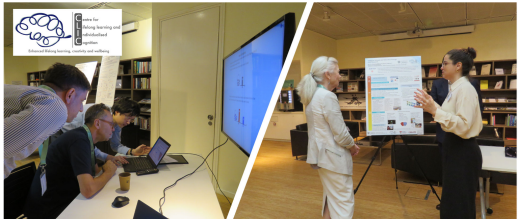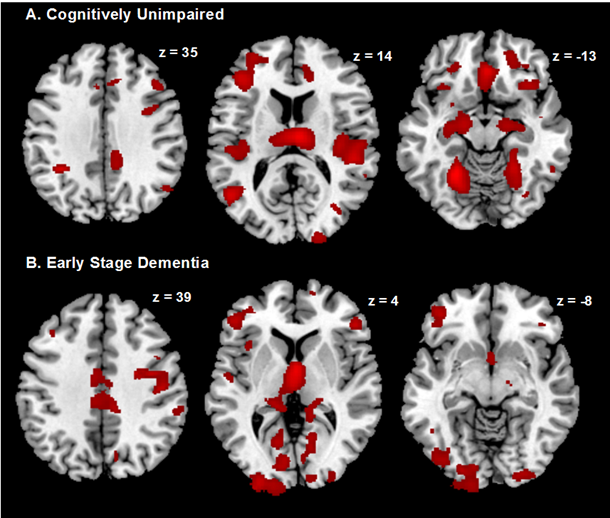Research Highlights

The vision driving this programme is to define the circuit defects underlying dementia, a debilitating neurological condition whose underlying mechanisms are poorly understood.
The goal of the programme is to use optogenetic technology to map the circuitry of several key brain regions (and their interconnections) both in normal mice and in various mouse models of dementia. Once circuit lesions are identified, the relevance of these lesions for the behavioural abnormalities associated with dementia are defined. In addition, the synaptic, cellular and molecular mechanisms underlying the defects in circuit function are being identified, to both define the causes of the circuit defects as well as to identify potential targets for early therapeutic intervention in human dementia patients.
Lead PI: George Augustine
Funded by MoE Tier 3 Programme, 17 investigators from throughout Singapore
Project Period: 2018 - 2023
Regenerative medicine regrows, repairs or replaces unhealthy cells and tissues to restore normal function. This project employs stem cells from the umbilical cord to generate neurons that can be transplanted into the brain as therapy for neurodegenerative disorders, focusing on Parkinson’s disease.
Lead PI: Lim Kah Leong
Supported by NRF CRP Programme
Project Period: 2019 - 2024

As technology and globalisation are changing the nature of labour markets and increasing the demand for high levels of skill, the need for individuals to be able to develop new skills during their working careers is becoming increasingly pressing. The CLIC programme aims to address this societal change by developing innovative research in the science of learning and translating it to educational and real-life applications across the life course. We will adopt an integrated interdisciplinary approach that marries cross-disciplinary expertise and methodologies to target three life periods (early years, adolescence, middle age) when flexible behaviour is critical for coping with highly changing circumstances.
Lead PI: Victoria Leong
Supported by NRF CREATE Programme
Project Period: 2019 - 2024
The Centre for Research and Development in Learning (CRADLE) supports multidisciplinary and interdisciplinary research across NTU devoted to transforming learning in higher education. Leveraging on knowledge and methods from education, psychology, neuroscience, and technology design, CRADLE aims to develop and test theories to explain learning in all of its forms.
Lead PI: Annabel Chen
Supported by NTU, MoE Tertiary Research Fund, National Research Foundation, Singapore Millennium Foundation, Institute of Adult Learning
The National Institute of Education has created Science of Learning Education Research Centre (SoLEC) to be an international leader in Science of Learning research, generating scientific discoveries, solving critical lifelong learning issues, and building meaningful connections between research, practice, and policy. SoLEC advances high-quality, interdisciplinary Science of Learning research, coalescing the science of brain, body, and individual and social cognition, and an understanding of the interrelations and implications to the Singapore education system and broader international context. Research interests include integrative and interdisciplinary research in areas such as literacy, numeracy, self-regulation, well-being and special needs
Lead PI: Azilawati Jamaludin
Supported by NTU, MoE Education Research Fund (ERFP)

Research at the Dementia Research Centre (Singapore), established by the Lee Kong Chian School of Medicine, developsblood based biomarkers and neuroimaging tests for the early diagnosis of dementia, paving way for potential new prevention therapies and treatments for Alzheimer’s disease and other related diseases of the brain.
We are studying 1500 participants in Singapore from all ethnicities. At the baseline visit, we collect comprehensive information from each participant, comprising cognitive, health and lifestyle questionnaires, physical measurements, and extensive physiological and imaging data. In addition, blood samples will be collected to measure markers associated with cognition in the blood. Participants will then be followed up over a period of 5 years to identify changes in cognition and health status.
Lead PI:Nagaendran Kandiah
Supported by MoE Science of Learning and Tier 1 grants, Clinician Scientist Award, NTU start-up and strategic initiative grants
